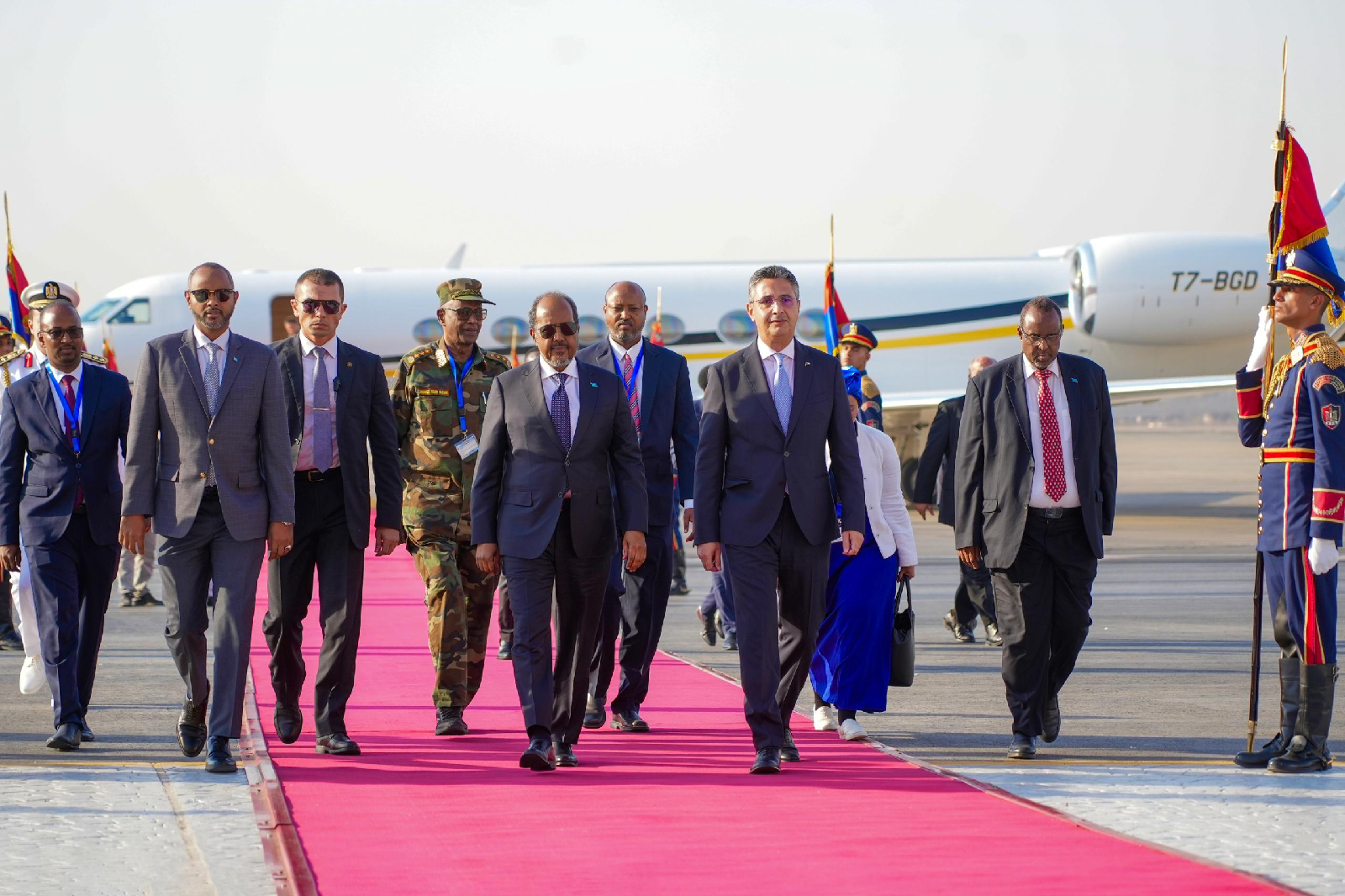The Horn of Africa is a complex region with multiple layers of historical, political, and economic dynamics that interact in unpredictable ways. Let's explore the possible scenarios for Ethiopia if it implements a Memorandum of Understanding (MoU) with Somaliland:
Scenario 1: Enhanced Stability and Economic Growth
Positive Outcomes:
- Economic Development:
With improved relations, particularly through trade and infrastructure development, both Ethiopia and Somaliland could experience economic boosts. This could attract more foreign investment.
- Regional Stability: Strengthened ties may encourage stability in Somaliland, reducing the likelihood of conflict spillover into Ethiopia.
Challenges:
- Regional Tensions: Neighboring countries such as Somalia may view the MoU unfavorably, potentially leading to diplomatic disputes or even conflicts.
- Al-Shabab: Increased economic activity might attract Al-Shabab's attention, forcing both countries to enhance security measures.
Scenario 2: Diplomatic Strains
Outcomes:
- Somalia: Somalia may perceive the MoU as an encroachment on its territorial integrity, leading to diplomatic strains or hostile activities.
- Turkey and Egypt: Both nations have vested military interests in Somalia and may counter Ethiopia's move to protect their interests.
Challenges:
- Conflict: Diplomatic strains can escalate to proxy conflicts, affecting the security landscape.
Scenario 3: Geopolitical Tug-of-War
Outcomes:
- US, China, Russia: These powers may either support or counter Ethiopia's move based on their strategic interests. China and Russia might see it as an opportunity to expand their influence, while the US could act to preserve its existing alliances.
- UAE and Saudi Arabia: They have economic interests in the region and may leverage their influence to shape outcomes favorable to their broader strategic goals.
Challenges:
- Competing Interests: Navigating the competing interests of these powers could result in complicated diplomatic entanglements for Ethiopia.
Historical Context of the Region:
- Colonial Legacies: Arbitrary borders and historical grievances contribute to the complexity.
- Domestic Issues: Ethiopia and its neighbors deal with internal challenges such as ethnic conflicts, political instability, and economic hardships.
- Terrorism: Groups like Al-Shabab exploit instability, adding to regional insecurity.
- Economic Interests: Resource-rich areas attract global players, making the geopolitical landscape highly competitive.
Conclusion:
Ethiopia's implementation of the MoU with Somaliland has the potential to either enhance stability and economic growth or exacerbate regional tensions and geopolitical complexities. Diplomatic skill, strategic alliances, and a focus on regional cooperation will be crucial for Ethiopia to navigate this turbulent landscape effectively.



No comments:
Post a Comment